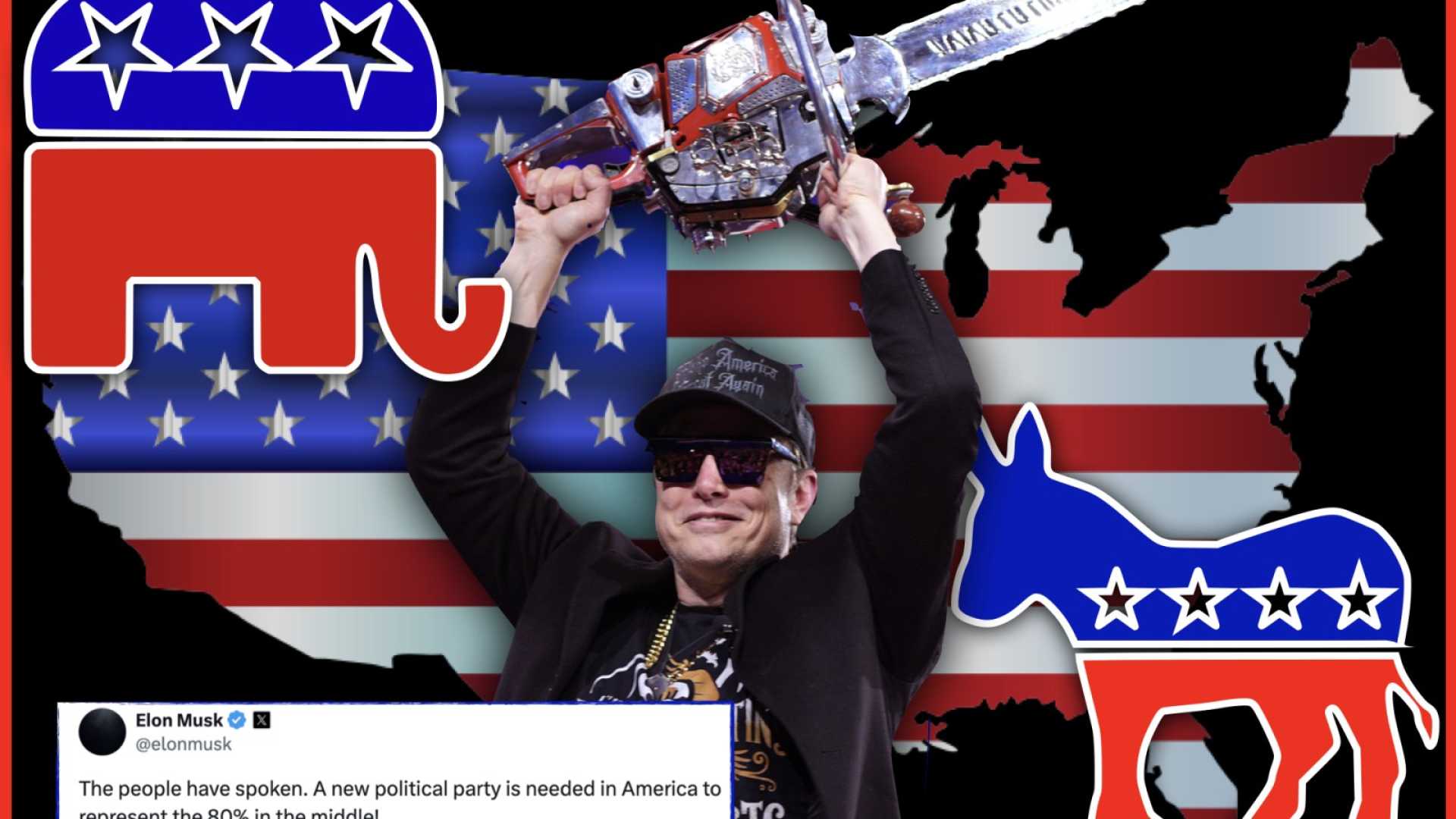Politics
Experts Doubt Musk’s American Party Can Impact Congress

Washington, D.C. — Elon Musk introduced the American Party in early July, aiming to shake up the political landscape. He believes the party can provide a viable alternative to the Democrats and Republicans, claiming it will return freedom to the American people. Musk characterized the current political system as a ‘one-party system’ lacking true democracy.
The American Party’s goal is to gain key seats in Congress, which Musk argues will allow it to influence significant legislation. The billionaire’s declaration follows a tumultuous public exchange with former President Donald Trump, which some view as a catalyst for his political ambitions.
However, experts express skepticism about the party’s potential. Bernard Tamas, a political science professor at Valdosta State University, described the initiative as unrealistic. ‘There is no evidence that a third party can win seats in Congress, let alone affect policy,’ he stated, highlighting the entrenched power of the existing two-party system.
Tamas emphasized that Democrats and Republicans’ success stems from extensive networks and resources that a newcomer like the American Party lacks. The nascent party faces further hurdles; the website ‘americaparty.com’ is owned by someone else and is available for purchase at $6.9 million, and the party’s social media handles are already taken.
Despite Musk’s rhetoric against debt and corruption, the American Party lacks clarity on its platform and candidates. Supporters are left wondering what specific issues the party aims to address and who would represent its interests.
Historically, third parties in the U.S. have struggled to win power but can influence debates. However, Musk seems more focused on a grand vision than practical impact. The Forward Party, founded by Andrew Yang, exemplifies how enthusiasm can wane quickly in political discourse.
Polling data reveals a disconnect between the desire for a third party and actual support. While a survey of Musk’s followers showed 65% backing the new party, a broader poll indicated only 14% of voters would support it.
Musk’s polarizing reputation complicates matters. Recent polls show 60% of Americans have a negative view of him, raising questions about whether voters truly want the kind of party he is proposing. Observers note that a successful third party requires coherence, structure, and community ties—elements the American Party has yet to establish.
In conclusion, while Musk insists that ‘America is going to have a third party,’ the actual demand for such a party under his leadership remains uncertain.












